It’s no secret that some of the greatest composers in history hail from Europe. But did you know there are also many Chinese composers who have made an impact on the music world?
In this blog post, we’ll take a look at 10 of the greatest Chinese composers, their lives and their work.
1. Tan Dun
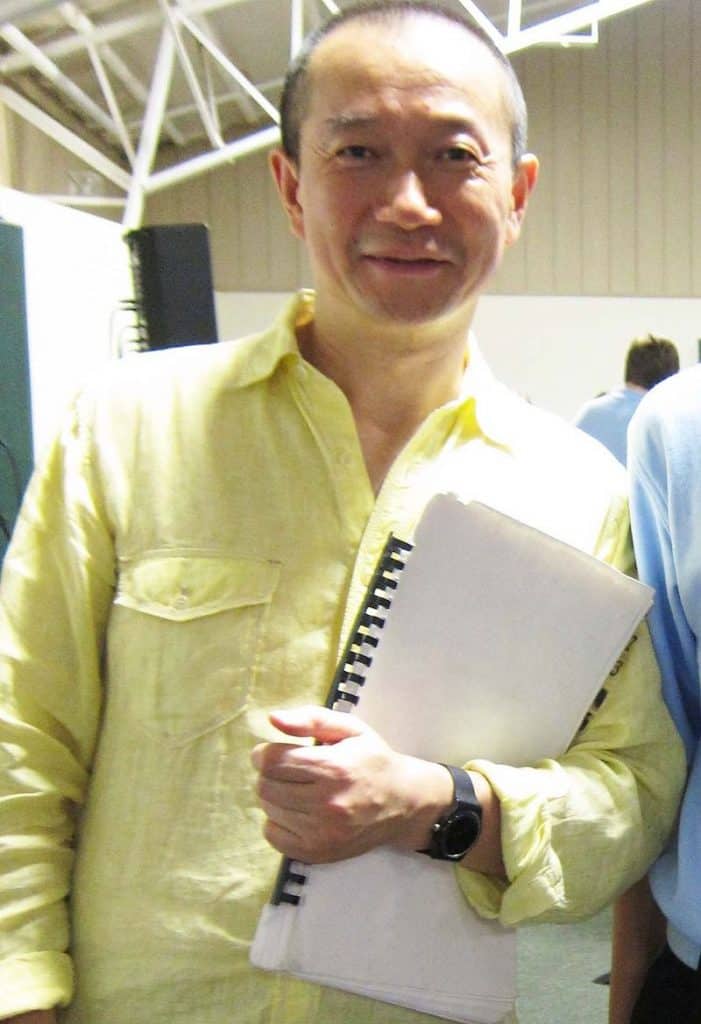
If you’ve seen the movie Crouching Tiger, Hidden Dragon, you’ve heard the beautiful compositions of Tan Dun.
Tan Dun is a Chinese composer specializing in contemporary classical music.
A striking pianist, viola d’amore player, and conductor, Tan Dun holds the cultural knowledge of the old Peking traveling troupes.
As a child, he worked in the rice fields under the Mao Zedong government, where he learned the musical traditions that have inspired his work.
In 1986, he moved to New York to study music at Columbia University, where he wrote his first opera.
He has won many awards, including a BAFTA, an Academy Award, and a Grammy.
His eclectic style has made him popular around the world.
On June 5, 2020, Tan Dun presented a concert “Prayer and Blessings,” to help fans and musicians find unity throughout the COVID-19 pandemic.
2. Chen Yi
Chen Yi is a composer and violinist and the first woman to earn a Master of Arts (MA) in musical composition from Beijing’s Central Conservatory of Music.
She has composed hundreds of pieces of music for many orchestras, ensembles, and soloists.
Chen Yi has the honor of distinguished professor at the UMKC Conservatory of Music and Dance, where she has earned accolades blending Western and Chinese musical traditions.
Her list of honors is impressive, with such names as Guggenheim and the National Endowment for the Arts offering her fellowships.
Dr. Chen serves on advisory boards for many musical programs as she uses her talent and passion for encouraging young and new musicians to find their voices.
She is still composing works, including 2019’s Plum Blossom piano solo.
3. Qigang Chen
With a wide range of works from chamber music to ballet, Qigang Chen leaves an impressive mark on the world of classical music.
Born in Beijing, he moved to France in the 1980s and became a French citizen in 1992.
This move to France helped Chen discover new types of 20th-century music and broaden his style to match a worldwide perspective.
In 2008, he was the musical director for the Beijing Olympics opening ceremony and has since been honored with a Chevalier de l’Ordre des Arts et des Lettres.
Qigang Chen now hosts a workshop in China for youth, encouraging them to become more involved in music in their communities.
He was one of the final students of Olivier Massien, a brilliant French composer and teacher who shaped Chen’s musical style.
4. Xian Xinghai
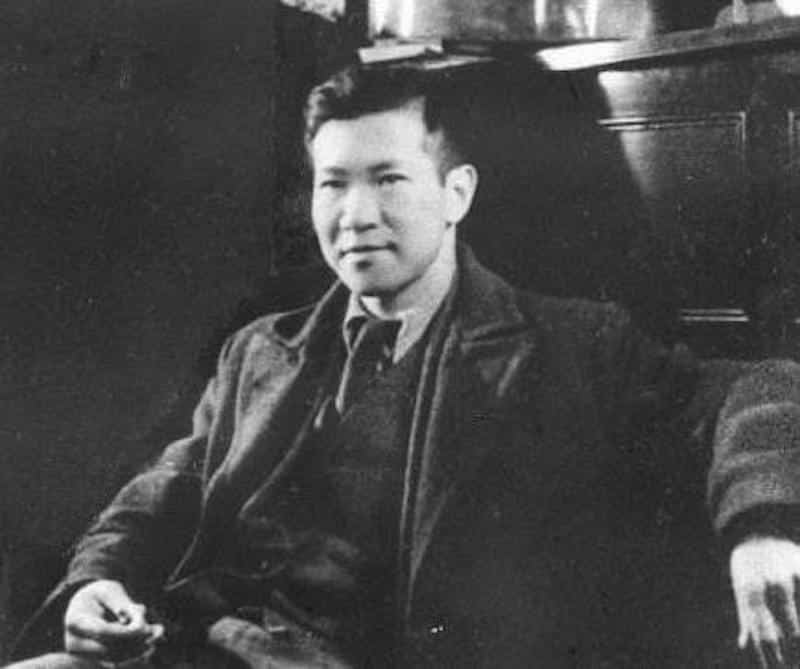
One of the first Chinese composers to pull from Western musical influences, XIan Xinghai led a difficult life.
Due to malnutrition, his health was poor, and he died at age 40 from pulmonary disease.
Despite his brief life, Xian Xinghai left his mark on Chinese music.
Unlike most musical prodigies, he did not begin learning to play the violin until he was in his 20s, making the impact he left behind all the more profound.
His most famous composition is The Yellow River, a cantata allegedly written while hiding in a cave during the Anti-Japanese War.
It is said he composed this piece in only six days.
He composed symphonies, concertos, choral works, an opera, and nearly 300 individual songs.
Today, there is a street named for him in Kazakhstan.
5. Li Jinhui
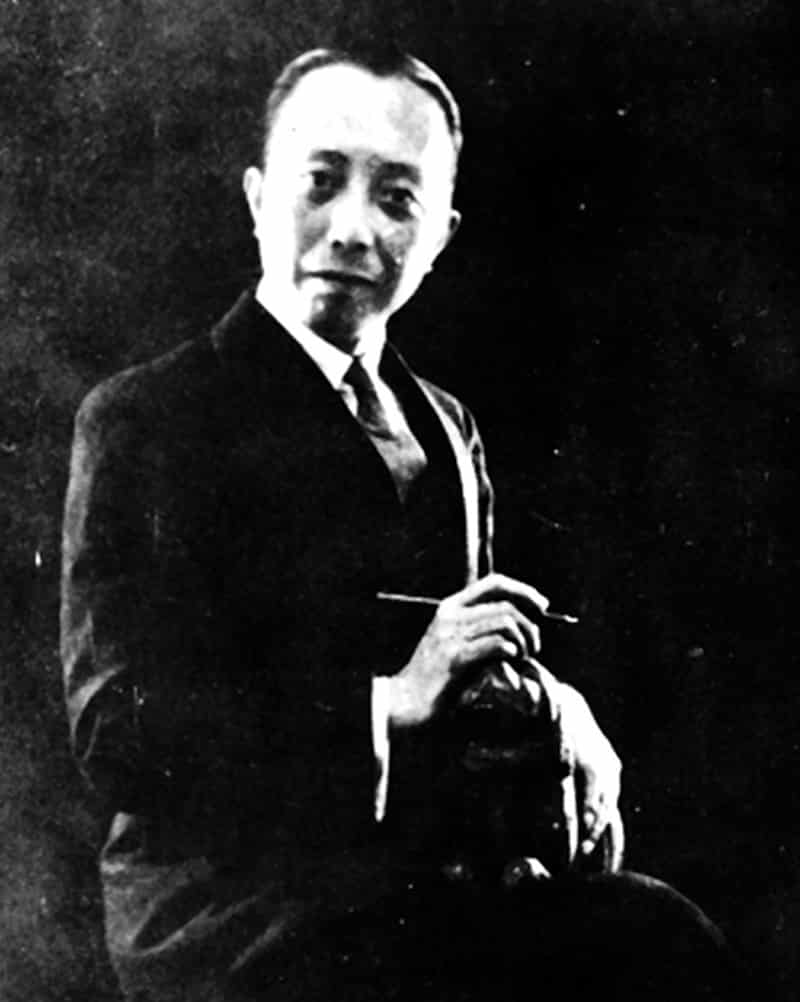
As a young composer, Li Jinhui made a name for himself with political satire and bold musical statements.
The second-oldest of 8 boys, he felt encouraged to speak his mind, which translated into his musical stylings.
A student of progressive history, Li Jinhui clashed heavily with the Communist takeover of China.
His early works were lyrical and innocent, but his music took on a more sensual tone as he became more outspoken.
Associated with the female form and sexuality, his music was banned as “pornography.”
He married an actress from the Bright Moon Troupe, one of the musical groups he composed for, and they had a daughter.
His compositions inspired the 20th-century sounds of cantopop and mandopop, which remain popular in China today.
His total body of work includes several childrens’ operas and the Chinese Jazz style that angered conservative listeners.
Li is considered the father of modern Chinese music.
6. Benjamin Lees
Benjamin Lees was born Benjamin George Lisniansky in Harbin, Manchuria, a northern province of China.
His family is of Russian-Jewish descent and moved to the United States when he was just a baby.
Music was a part of Lees’ life from a young age.
He began to play piano at age 5, and in 1939, when his family moved to Los Angeles, he studied piano with Margueritte Bitter.
He continued to study music after serving time in the US Military.
Lees preferred classical composition over atonalism or Americana and devoted his time to learning classical methods.
The NBC Symphony Orchestra performed his piece Profiles for Orchestra on the radio in 1954.
In 1985, The Dallas Symphony Orchestra commissioned his work Memorial Candles as a Holocaust remembrance.
Lees earned both Guggenheim and Fulbright Fellowships and a Grammy nomination for Kalmar Nyckel in 2003.
He continued composing his entire life.
7. Melissa Hui
Melissa Hui was born in Hong Kong, China, but immigrated to Canada in 1974.
She studied piano performance at the University of British Columbia and earned a master’s from the California Institute of Art and a doctorate from Yale.
Her portfolio is mainly chamber music, but Hui has also composed for orchestra and choral ensembles.
Hui has already left quite a legacy on Chinese music with two dozen pieces to her resume and is still composing today.
In 1998, Hui composed the soundtrack to the film “Sunrise Over Tiananmen Square,” an Oscar-nominated short film.
She is known for her poetic sound.
She taught for several years at Stanford University before returning to Canada in 2010.
She now works as Associate Professor of Composition at McGill University in Quebec’s Schulich School of Music.
8. Joseph Koo
One of the most widely respected composers in China, Joseph Koo was born in Guangzhou, China.
At 17, he began to study piano and, in the 1960s, earned a sponsorship to attend the Berklee College of Music.
When he returned to Hong Kong, Koo found work as a film composer, with such notable films as Fists of Fury and The Way of the Dragon starring Bruce Lee in his portfolio.
His first hit song, “Meng,” was sung by his sister Koo Mei.
He wrote many popular cantopop songs, including the first Cantonese TV theme song.
In 1982, Koo became a Member of the Order of the British Empire and received the Bronze Bauhinia Star from the Hong Kong Government in 1998.
He later moved to Canada, choosing to retire from conducting and composing fewer new works.
He now enjoys oil painting.
9. Ma Sicong
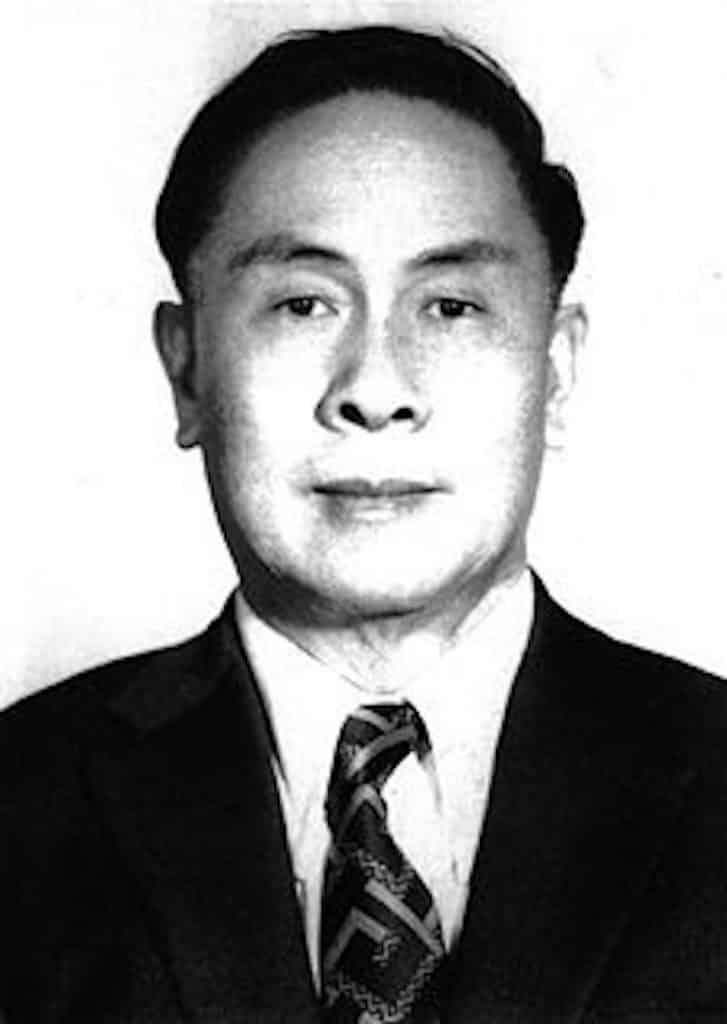
Known as “The King of Violinists,” Ma Sicong has a long and treasured history in Chinese classical music.
His most famous piece Inner Mongolia Suite is renowned as one of the greatest musical compositions of the 20th century.
Like many of his contemporaries, Ma Sicong found himself caught up in politics.
In 1966, he was a target of the Red Guards and Chinese government and escaped to New York via help from the US Consulate.
As a result of his escape, an inquiry was opened in China, and Ma and his family were charged with treason.
This charge stood until 1985 when the Chinese government rescinded the charge.
This political strife didn’t stop his musical prowess, though.
While his musical style changed as a political refugee in the United States, most of Ma’s earlier works were composed while living in China.
His legacy includes dozens of compositions, all of which solidify his place in the musical history of China and the world.
In 2007, his body was returned home to China.
10. Ye Xiaogang
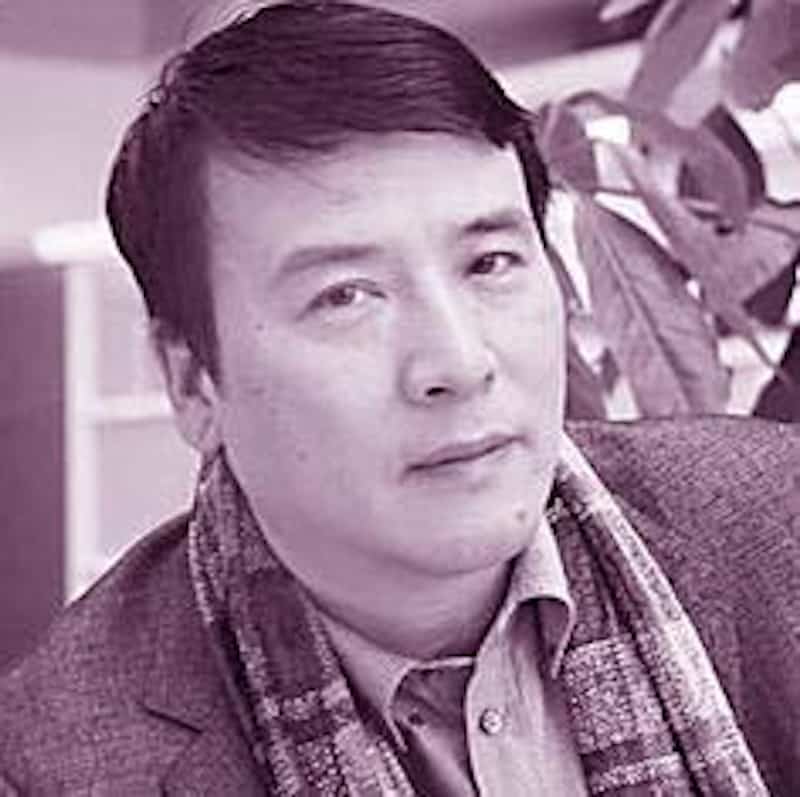
Ye Xiaogang is one of the greatest contemporary Chinese composers.
He studied in New York at the Eastman School of Music at the University of Rochester.
He spent five years as the Resident Composer and Lecturer at the Central Conservatory of Music in China.
Ye composes chamber music, orchestral works, symphonies, stage music, and film music, drawing from Chinese culture and tradition.
His inspiration draws from Buddhist ideals and nature, which is in most of his compositions.
His list of accomplishments goes beyond the stave, though, onto the many ways he contributes to music preservation.
He sits as the chairman of the China Musicians Association, vice chairman of the International Music Council, and the China Federation of Literary and Art Circles.
He holds positions as a professor of composition at the Central Conservatory of Music in Beijing, a distinguished professor of the Xinghai Conservatory of Music, Shanghai Conservatory of Music, and an honorary professor of the Tschaikovsky Conservatory of Music in Ukraine.
He is the artistic director and founder of the Beijing Modern Music Festival.
He has won many awards and was welcomed into the American Academy of Arts and Sciences in 2020.
Summing up our List of Famous Chinese Composers
It is said that the Chinese have a richer musical tradition than any other culture in the world.
This may be due to China’s long history of music, which dates back thousands of years.
We hope you’ve enjoyed learning about some of the composers that have contributed China’s rich musical legacy.
We’ll be adding to this list so let us know which composers we should check out and add next.
